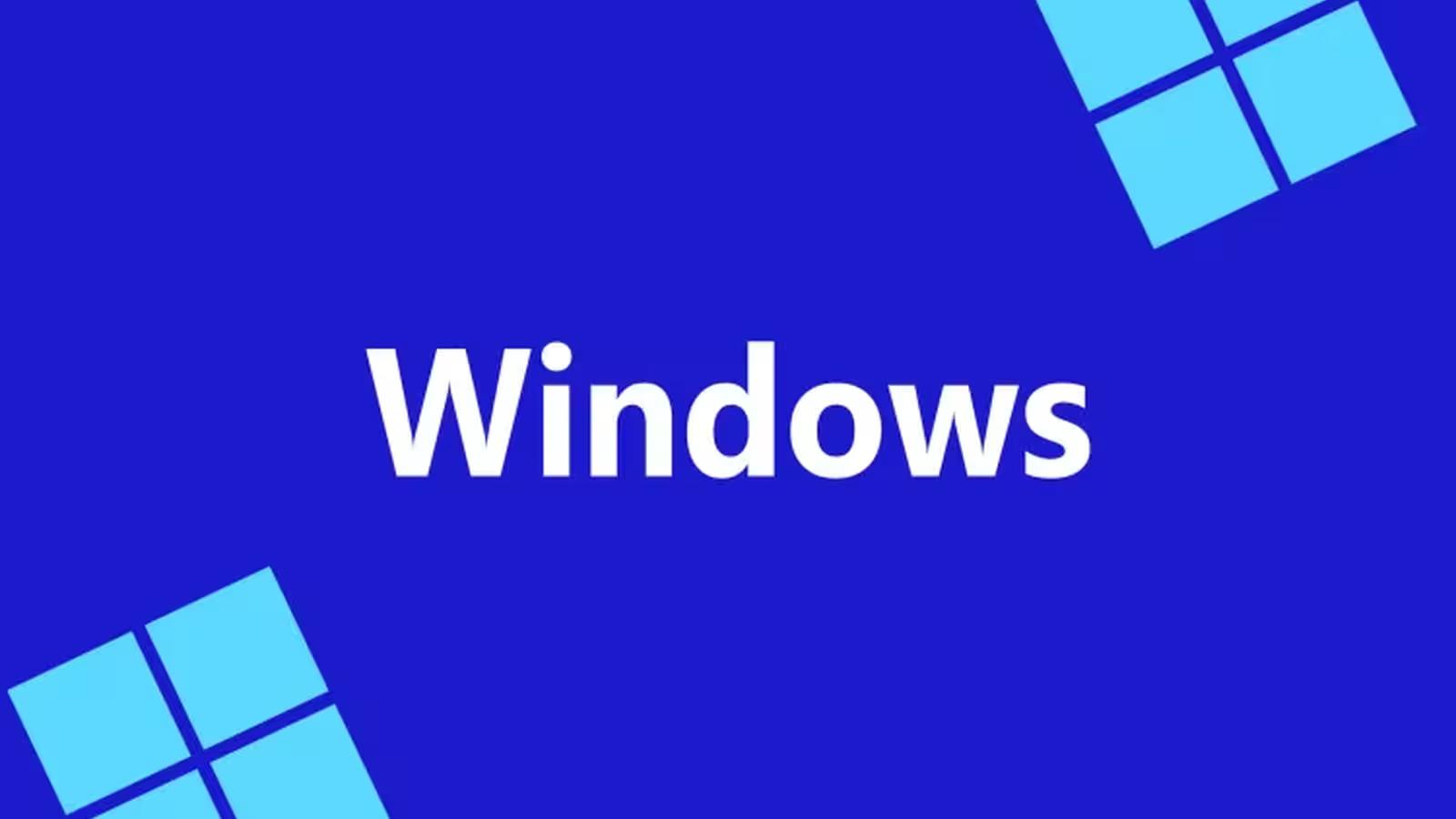3 Minutes
Microsoft Implements Major Changes to Windows for European Users
Microsoft is making significant changes to the Windows experience for users in the European Economic Area (EEA), in compliance with the European Union's landmark Digital Markets Act (DMA). One of the most anticipated updates is the discontinuation of persistent Microsoft Edge browser advertisements and prompts, granting EU users far more freedom and choice over their preferred browsers.
Enhanced Control Over Default Browsers and Microsoft Edge
For years, Windows 10 and 11 users outside the EU have faced relentless pop-ups and notifications urging them to use Microsoft Edge as their default web browser. With this latest update (Edge browser version 137.0.3296.52 and higher), European users can now not only remove Edge from their systems entirely but also avoid any disruptive prompts nudging them toward Edge. Additionally, they have the option to exclude Bing search results from Windows Search and set their preferred browser without interference.
Expanded Options for Uninstalling Default Apps
Another noteworthy improvement is that users in Europe can now uninstall the Microsoft Store app. Even after removal, any previously installed Store apps will continue to receive updates, and Microsoft Store can be reinstalled whenever needed, offering users unprecedented flexibility. These adjustments further empower users to customize their Windows environment.
Improved File Association and Browser Integration
Microsoft has also streamlined how Windows 10 and 11 handle default browsers. Now, when browsers like Google Chrome or Mozilla Firefox are chosen as defaults, they are automatically pinned to the taskbar. Furthermore, file types and protocols such as FTP and SVG are now fully linked to the user’s browser of choice, enhancing productivity and compatibility.
New Personalization Features and Market Implications
Beyond browser selection, Microsoft has opened up Windows Search for greater customization. Third-party apps can now integrate their search results, and users can organize the order of different search services. Importantly, content from Bing, Windows widgets, and the Windows lock screen will now launch in the user’s selected default browser, not exclusively in Edge. For now, these freedoms are available only in the EU, leaving users elsewhere still subject to Microsoft’s previous restrictions.
These changes mark a significant shift in user autonomy and align Microsoft’s products with evolving digital market regulations, setting a new standard for tech giants operating in competitive global markets.


Leave a Comment